The Phillaur Fort is a nice place to visit. Not only Indian tourists, but the tourists from other countries also find the place quite good. The very fort is a witness of many old days. Maharaja Ranjit Singh gave a proper shape of a fort to the property that was a Serai earlier. And since then the fort has become a very important place in the region. Inside the fort, you will see the holy Mazar of Pir Baba Abdullah Shah Ji that always offers a spiritual experience to all the visitors. There is also a museum inside the place that carries many important historical objects that always succeed to fascinate the visitors.
The Phillaur fort has a fascinating history behind it. Situated on the Grand Trunk Road, it has a great historical background. The town of Phillaur in which the fort is located owes it origin to a Sanghera Jat, Phul, who named it after himself as “Phulnagar”. The Naru Rajputs of Mau, a nearby township, had cast covetous eyes on Phillaur and eventually under their Chief Rae Shahr they wrested it from the Jats. Rae Rattan Pal, the son of Rae Shahr, liked it so much that he abandoned Mau and settled in Phillaur. The Jats then left the place.Later, however, at some period unknown, the Rajputs also deserted it. Nothing is known thereafter until the reign of the Mughal Emperor Shah Jahan (1627-1658) when an imperial Sarai was built at Phillaur. Later, the town was occupied by Kakarah Sikhs and held until Mahraja Ranjit Singh (1780-1839) seized all the Kakarah Estates. After the collapse of the Mughal Empire, Maharaja Ranjit Singh sent Dewan Mohkam Chand,about the year 1809, to take possession of the Imperial Serai and converted it into a formidable Fort with the help of his French and Italian officers, namely Generals Ventura, Allard, and Avitabile. It was built in reply to the British who had built a small Fort at Ludhiana on the remnants said to be of an old Lodhi Fort, and to guard the ferry of Phillaur. The British occupied this Fort in 1846 after the Sikhs were defeated in the battle of Aliwal. Phillaur, thereafter, became a Cantonment and Fort remained under the charge of Army authorities till 1890 when it was handed over to the Civil authorities and has been used thereafter for police training purposes. The fort was renamed as ‘Maharaja Ranjit Singh Fort’ by the Punjab Government by a notification dated 6th April, 1973.
The Mazar
The fort enshrines under one of its domes the mausoleum of a saint fondly remembered as Pir Baba Abdullah Shah Ji. He had sacrificed his life to uphold the human values of love and kindness as per the following legend. A wall of the fort constructed during day time under orders of Maharaja Ranjit Singh would mysteriously collapse during the night and thus affected the work. The Maharaja was advised by religious heads to offer sacrifice of some male person belonging to the priest class who should be the only son of a widow. A Brahmin boy of Phillaur, who fulfilled these conditions, was brought before Maharaja Ranjit Singh for the sacrifice, The wails and lamentations of boy’s mother attracted the attention of Pir Abdullah Shah who lived nearby. The Pir offered himself for the sacrifice and petitioned to the Maharaja to accept him as he fulfilled all the conditions. The Maharaja agreed to the offer and the boy was released. Pir Abdullah Shah, it is said, was then immured alive in the north eastern wall of the fort and the construction of the fort was thus completed. The Mazar, over the years has been a source of great spiritual inspiration to the police personnel and the people who come from near and far away places to pay their respects to the revered Pir and his legend.
The historical state of Punjab has been ruled by many brave rulers of the country since ages which has resulted in the formation of eye-catching buildings, monuments and luxurious palaces. While the rural Punjab is known across the country for its lush green terrains, paddy fields and wheat productions, the urban areas are known for their association with the chivalric tales of Sikh Gurus and valiant rulers. The forts and palaces built in the different corners of the state are highly praised for their historical and scientific architectural value. The artistic excellence of most of these heritage buildings is worth praising and provides the history buffs with enough of information to keep thinking of. But, it is not possible for one to explore all of these attractions in a short trip. So, in this blog of Punjab Heritage & Cultural Travel Guide we have listed the best forts and palaces which are must see during your holidays in Punjab.



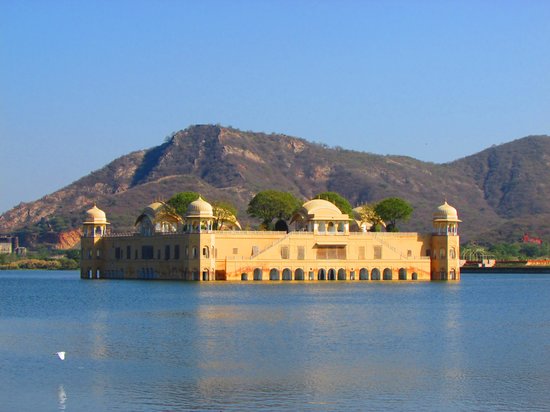
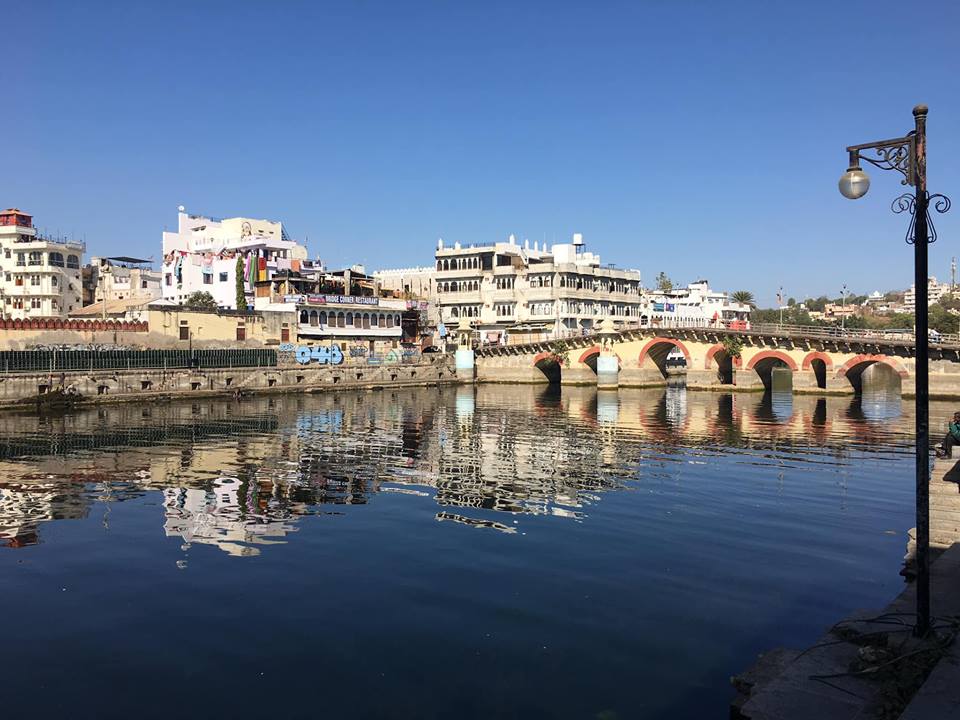
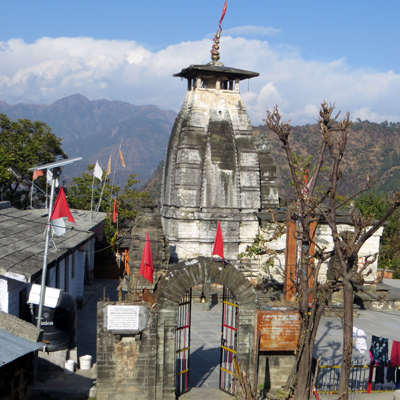

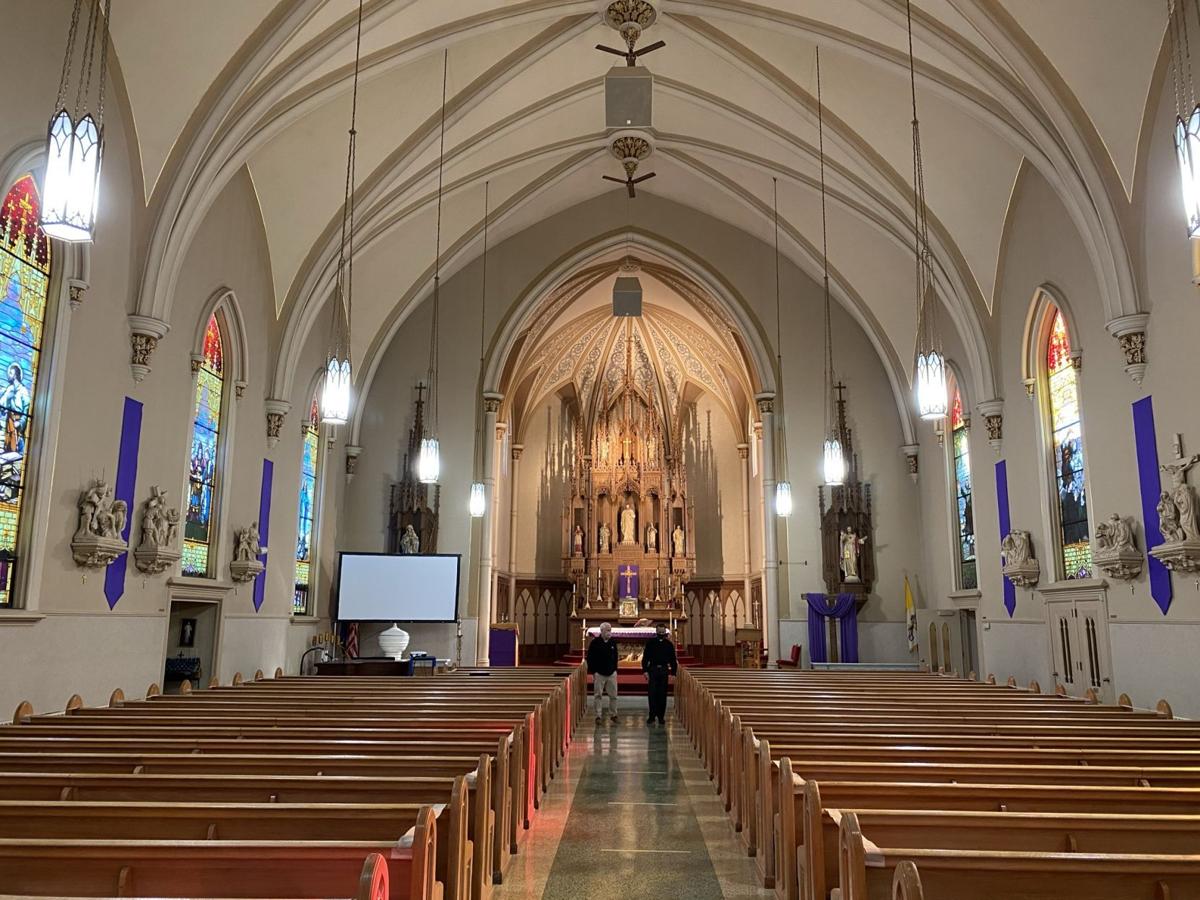
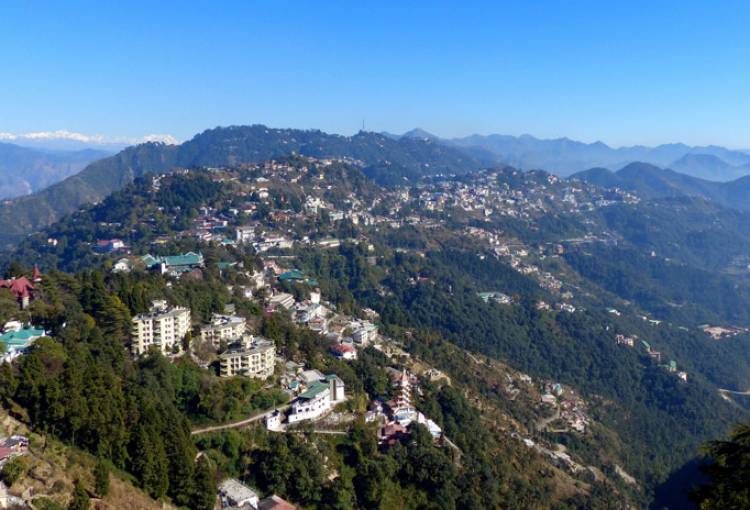
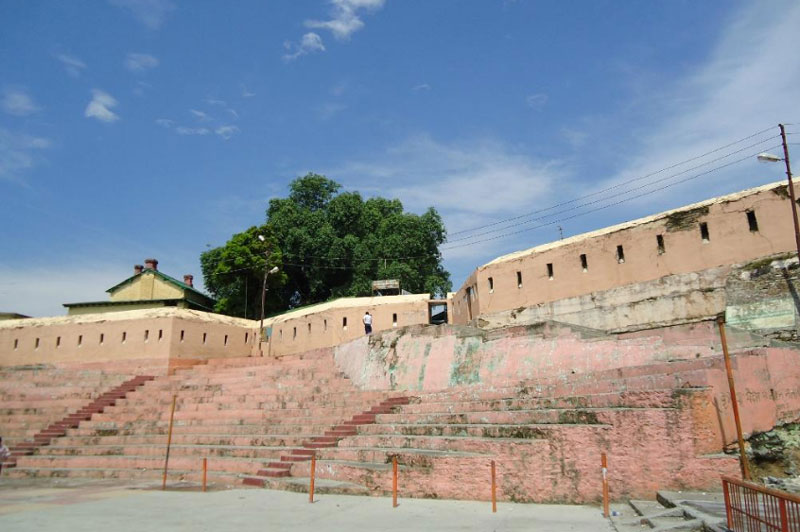


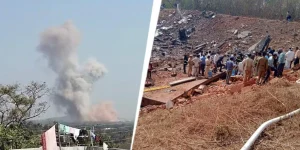
11 Comments
Comments are closed.